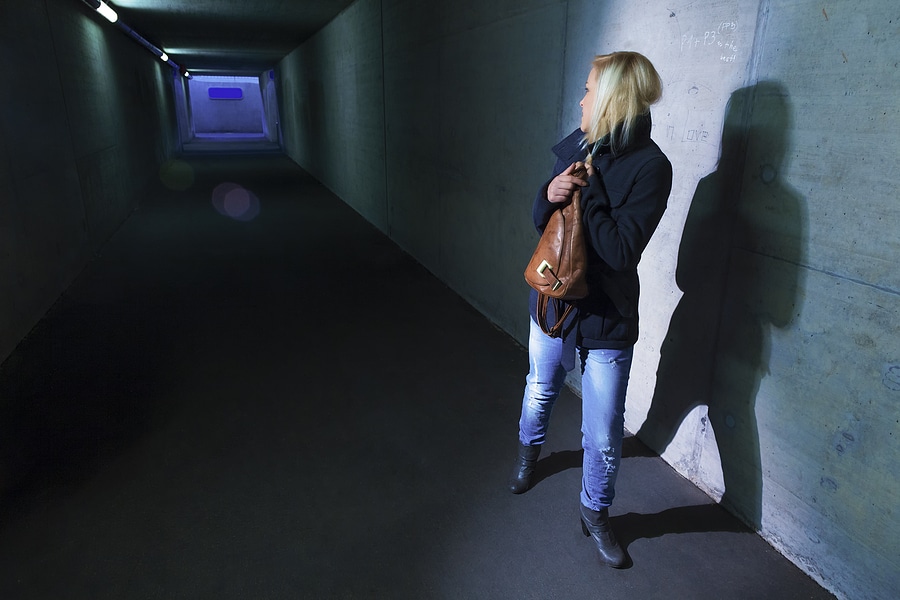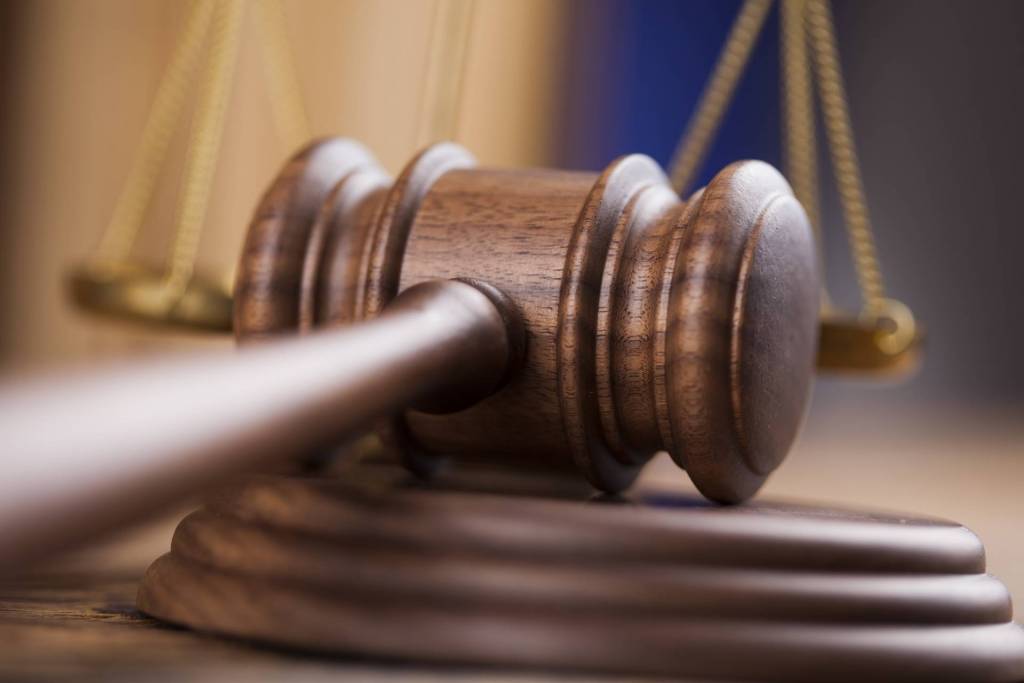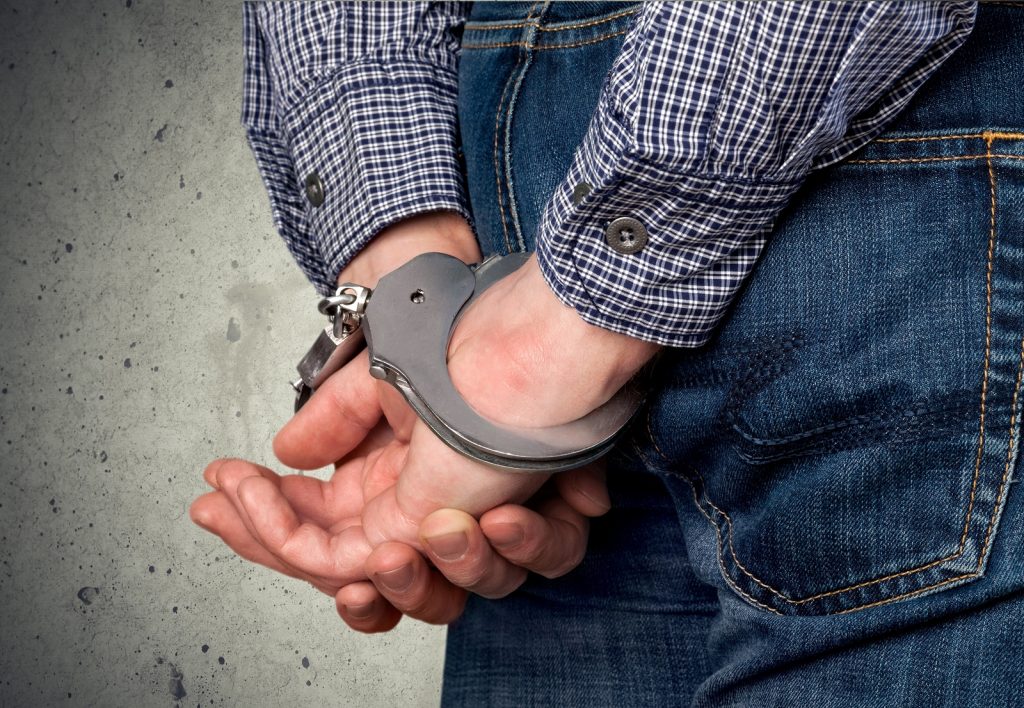Is it Possible to Call Into Question an Eyewitness’s Identification in a Criminal Case?
Challenging eyewitness identification can be critical to your defense strategy if you’ve been charged with a violent crime in California. While the testimony of an eyewitness may seem irrefutable, many scientific studies have shown that individuals’ memories and facial recognition skills are less trustworthy than we would like to imagine. Given the potential for misidentification and the weight juries often give to eyewitness testimony, it’s essential for defendants to understand how to contest unreliable identifications effectively. The circumstances of every case are unique, so it is vital to consult an experienced violent crime defense attorney who can determine the best course of action for your situation.
How Can the Execution of a Lineup Potentially Impact an Eyewitness’s Identification of a Suspect?
California law recognizes the fallibility of eyewitness testimony and has implemented safeguards to improve reliability. Under California Penal Code § 859.7, law enforcement agencies must follow specific procedures when conducting photo and live lineups. These procedures include:
- Ensuring the witness has provided a description of the suspect prior to the identification procedure
- Including fillers in the lineup who generally match the description of the perpetrator
- Using blind or blinded administration, where the officer conducting the lineup does not know the suspect’s identity or position
- Only including one suspect per lineup
- Separating multiple eyewitnesses and not allowing them to confer before or during the lineup
- Prohibiting officers from saying anything that might influence an eyewitness’s identification
- Making certain the witness receives complete and correct instructions before the identification process begins
You have the right to request that your defense attorney be present during a live lineup. Ensuring your lawyer can observe the process is essential because they have a deep familiarity with the rules governing the procedure and can identify incorrect or unfair actions by law enforcement that could sway the outcome.
How Accurate are Eyewitness Accounts?
Media and popular culture often portray eyewitness identifications as inarguable points of evidence that inevitably lead to a conviction. However, the reality is frequently less clear-cut because eyewitness identifications are notoriously susceptible to error. Many factors can impact the accuracy of an eyewitness’s memory, such as:
- Retention interval: The amount of time between witnessing an event and being asked to recall it can affect memory accuracy, with longer intervals generally leading to decreased accuracy
- Presence of a weapon: When a weapon is present during a crime, eyewitnesses tend to focus on the weapon rather than other details, reducing the accuracy of their memory for the perpetrator’s appearance
- Lighting conditions and distance: Poor visibility or greater distance from the event can reduce the accuracy of eyewitness memory
- Stress and emotion: Eyewitnesses who are frightened, stressed, or experiencing other powerful emotions at the time of the event are more likely to make mistakes in their recall
- Misleading post-event information: Exposure to inaccurate stories after an event, such as from other witnesses or media reports, can alter the eyewitness’s memory
- Questioning techniques: The way eyewitnesses are interviewed, including the use of leading questions, can influence the accuracy of their testimony
- Cross-racial identification: Some studies have found that witnesses are less accurate when identifying someone of a different race than their own
How Can an Eyewitness Identification Be Challenged?
Defendants can challenge eyewitness identifications through pretrial motions or at trial. Your defense team will carefully review any recordings of the identification procedures used in the case, as California law requires electronic recording of lineups when feasible. If law enforcement did not follow proper procedures during the lineup, the defendant may file a motion to suppress the identification. If the judge grants the motion, the jury will not hear the eyewitness’s testimony.
Another powerful tool for challenging eyewitness testimony is the use of expert witnesses. California law allows defendants to call scientific expert witnesses, often psychologists, to testify about the unreliability of eyewitness identifications and the psychological factors that can lead to misidentification. Experts can educate the jury on concepts like memory malleability, the impact of stress on recall, and the potential for unintentional influence by law enforcement during the identification process.
Defense attorneys can also conduct thorough cross-examinations of eyewitnesses to expose potential weaknesses in their testimony. The witness may be questioned about their opportunity to observe the perpetrator and the effect of factors like lighting conditions, distance, and the duration of observation. Attorneys can also explore any inconsistencies between the witness’s initial description and the defendant’s appearance, or between multiple statements given by the witness over time.
Are There Situations Where A Defendant May Actually Want to Ask For a Lineup?
An “Evans lineup,” named after the 1974 California Supreme Court case Evans v. Superior Court, is a defendant-initiated identification procedure. It can be requested when the police have not conducted their own lineup, and the defense believes the witness would not be able to pick out the defendant in a properly conducted lineup. This can be a powerful strategy, particularly in cases where a witness has identified the defendant in a potentially suggestive one-person showup at the time of the alleged crime. If allowed by the court, this procedure can provide strong evidence and possibly exonerate the defendant if the witness fails to identify them. An incorrect identification in an Evans lineup may even lead to the dismissal of charges if other evidence is insufficient.
What Can a California Defense Attorney Do For You?
Given the high stakes in violent crime cases and the complexity of eyewitness testimony issues, working with a knowledgeable attorney is paramount to building a solid defense and ensuring your rights are upheld throughout the legal process. Eyewitness testimony can be highly persuasive to juries, yet it is often unreliable due to factors like stress, memory limitations, and suggestive procedures. A skilled attorney from the Miranda Rights Law Firm can evaluate your case and effectively navigate pretrial motions, select expert witnesses, and develop compelling cross-examination strategies that can support your defense. Contact us at 213-255-5838 to schedule your free consultation today.





